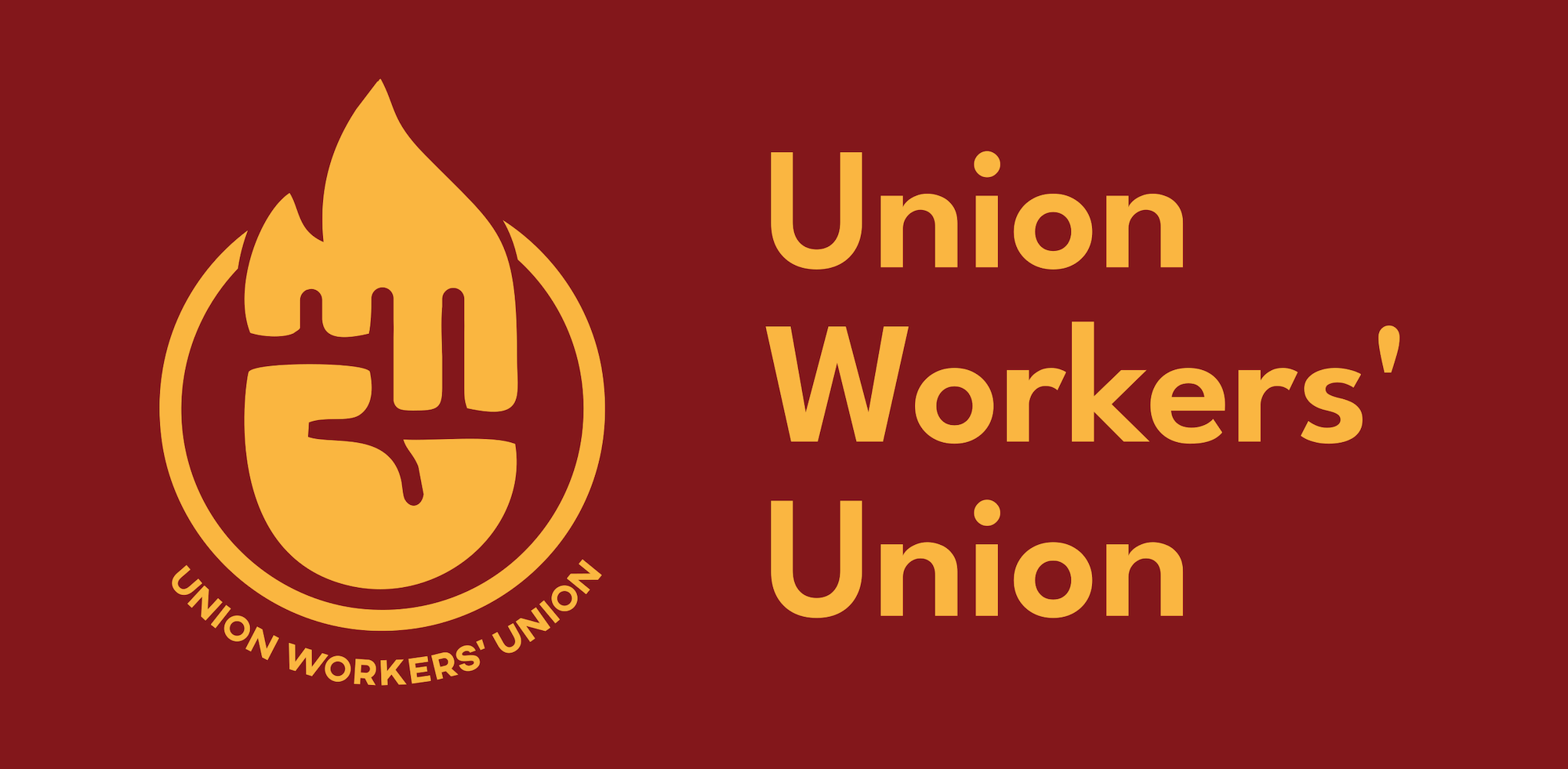Facing a disciplinary meeting at work can be a nerve-wracking experience. Whether it's related to performance issues, misconduct, or other concerns, knowing how to navigate a disciplinary process can make a significant difference in the outcome. In this blog post, we'll outline key steps to take if you're summoned to a disciplinary meeting, helping you to handle the situation effectively and protect your rights.
1. Understand the allegations
Before the meeting, ensure you fully understand the nature of the allegations against you. This may include:
- Reviewing the disciplinary notice: Read the notice or letter you received about the disciplinary meeting carefully. It should outline the specific issues, any evidence, and the potential consequences. If the letter isn’t specific, the process should be halted.
- Gathering information: If the allegations are vague or unclear, seek clarification from your HR department or supervisor. Knowing exactly what you're being accused of will help you prepare your response.
2. Prepare your case
Preparation is crucial for a successful outcome in a disciplinary meeting. Here’s how to get ready:
- Collect evidence: Gather any documents, emails, or other evidence that supports your case or contradicts the allegations. This could include performance reviews, witness statements, or records of relevant conversations.
- Review local policies: Familiarise yourself with your organisation’s disciplinary procedures and policies. Understanding these can help you ensure that the process is being conducted fairly and according to policy.
- Practice Your Responses: Anticipate possible questions or points of discussion, and practice how you will respond. Being prepared can help you communicate more effectively during the meeting.
3. Attend the meeting with support
You have the right to bring a union representative with you to the disciplinary meeting. Our role is to support you and ensure that the process is fair. Here’s what to keep in mind:
- Choose the right support: Select someone who understands the disciplinary process and can provide valuable support.
- Stay professional: During the meeting, remain calm and professional. Listen carefully to what is being said, and respond to allegations with facts and evidence. Avoid getting defensive or emotional, as this can detract from your case.
4. Respond to allegations
When addressing the allegations against you:
- Acknowledge where appropriate: If there are areas where you agree with the allegations, acknowledge them and explain the context. It’s important to be honest and take responsibility where necessary.
- Present your evidence: Use the evidence you’ve gathered to counter any inaccuracies or provide additional context. Clearly explain how the evidence supports your position.
- Ask questions: If there are aspects of the allegations or evidence you don’t understand, ask for clarification. It’s important to fully grasp the issues being discussed.
5. Follow up
After the meeting:
- Request a summary: Ask for a written summary of the meeting, including any decisions made and the reasons behind them. This can be useful for your records and for any potential appeals.
- Understand next steps: Make sure you’re clear on any actions or improvements required of you, as well as the timeline for these changes. If a warning or other disciplinary action is issued, understand what this entails and how it affects you.
- Seek Feedback: If appropriate, request feedback on how you can improve and prevent similar issues in the future. Constructive feedback can help you address areas of concern and demonstrate your commitment to resolving the issue.
6. Consider your options
Depending on the outcome of the disciplinary meeting:
- Appeal the decision: If you disagree with the decision or believe the process was unfair, you have the right to appeal. Follow your organisation’s appeal procedure, providing any additional evidence or arguments to support your case.
- Seek advice: If you’re unsure about the outcome or the next steps, seek advice from the UWU. We can help you understand your options and guide you through the appeals process if needed.
Key points
Being prepared and knowing your rights can make a significant difference when facing a disciplinary meeting. By understanding the allegations, preparing your case, and attending the meeting with support, you can navigate the process more effectively and protect your interests. Remember, we are there to help you every step of the way, so don’t hesitate to reach out for support and guidance.
